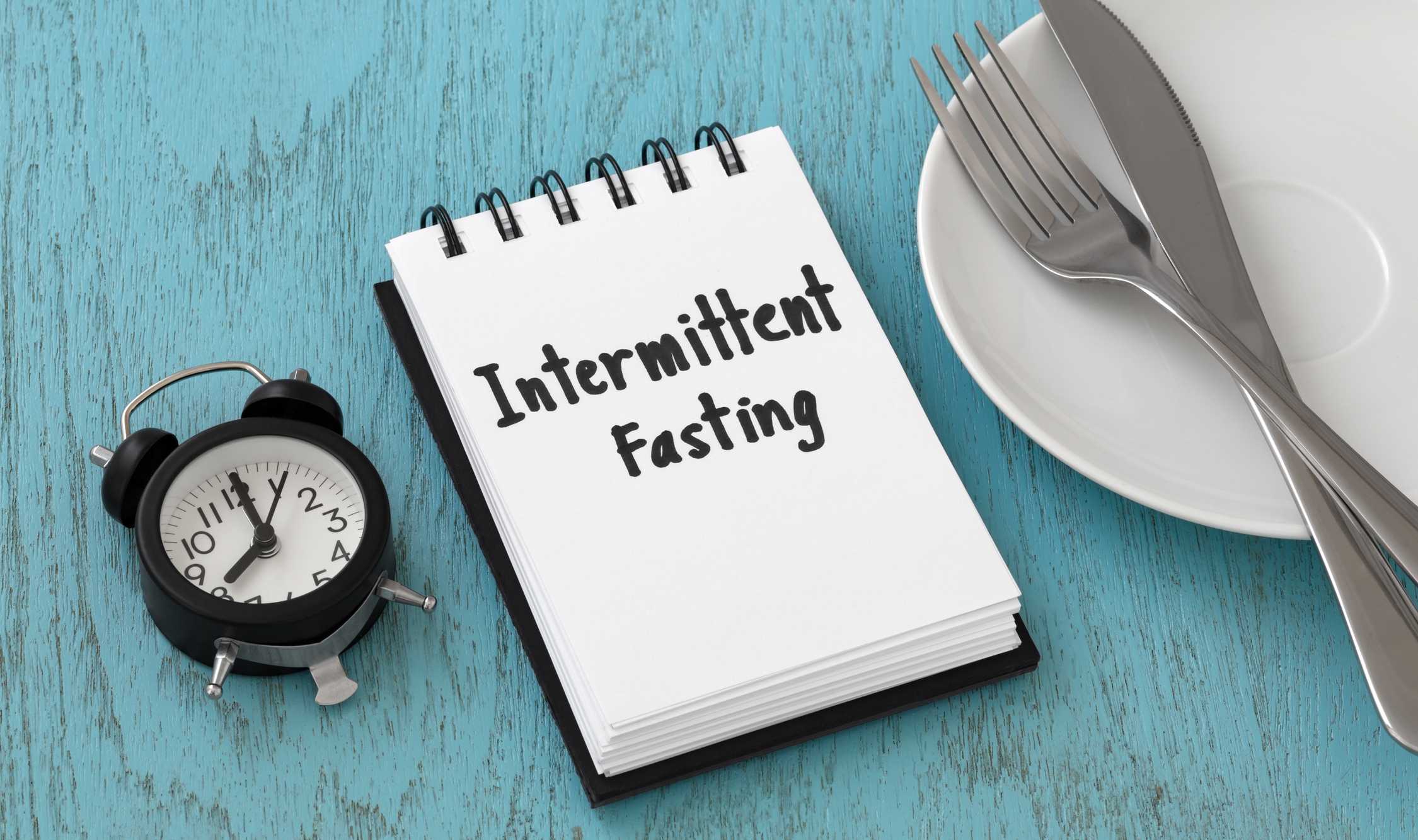A study shows a short low calorie, low carbohydrate diet to be effective in reducing body weight and HbA1c in adults with type 2 diabetes and obesity.
The UK study recruited participants from three primary care health centres in Oxfordshire. A total of 33 participants were randomised to receive either the low calorie, low carb diet intervention or standard diet and care for people with type 2 diabetes. The randomisation was carried out so that there would be two people following the diet intervention to each person in the control group.
The diet intervention followed the DIAMOND programme (DIetary Approaches to the Management Of type 2 Diabetes). This involved having 800–1000 kcal/day and under 26% of daily energy intake coming from carbohydrate and a minimum intake of 60g of protein per day. This way of eating was followed for 8 weeks and then energy intake was gradually increased while keeping carbohydrate intake low. The study period covered 12 weeks in total.
Those in the intervention group received four 15‐20‐minute appointments with a practice nurse which occurred at the start of the study and then at weeks 2, 4 and 8. The appointments provided support and motivation and included help towards goal‐setting and self‐monitoring, as well as problem‐solving strategies.
Each of these participants also had an appointment with a GP at the start of study to review medication for diabetes and high blood pressure. A booklet was provided to provide sample menus and recipes for real-food, low calorie and low carb eating.
The control group saw their practice nurse for regular dietary advice and received the Diabetes UK information booklet, ‘What is a healthy balanced diet for diabetes?’
The results of the study showed that those following the dietary intervention had significant decreases in body weight and HbA1c levels, compared to those following conventional care. There was 9.5kg of weight loss for the intervention group and 2kg weight loss for the control group. There was a reduction in HbA1c of 16.3 mmol/mol (1.5%) in the intervention group and a reduction of 0.7 mmol/mol (less than 0.1%) in the control group.
The results also showed that participants in low calorie, low carb group were able to discontinue use of diabetes and blood pressure medications. In the intervention group, there were seven people that discontinued one or more diabetes medications and also seven people (not necessarily the same seven) that discontinued one or more blood pressure drugs.
The study first of all showed that it was possible to recruit participants to a food‐based, low calorie, low carb intervention and secondly that the intervention showed strong benefits in reducing body weight, HbA1c levels and helping with discontinuation of diabetes and blood pressure medication.
The limitations of the study were that the study included a relatively small number of participants and, while the study was randomised, it was difficult to blind the participants to prevent them knowing whether they were in the intervention group or not.
The study is published in the journal Diabetes, Obesity and Metabolism.




